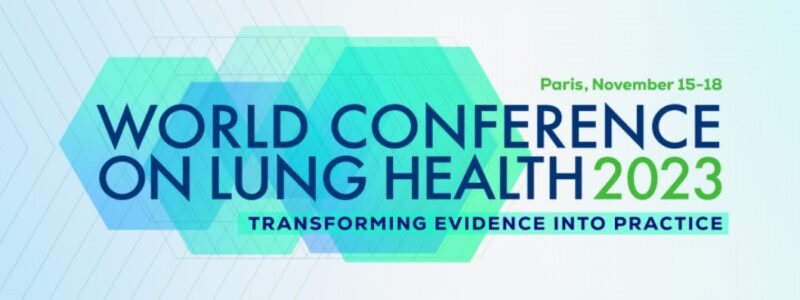In a groundbreaking development, leading experts in tuberculosis (TB) have discovered four new, improved regimens to treat drug resistant tuberculosis that could cut treatment time by over 60%. The regimens were found to have achieved favorable outcomes for treating multidrug-resistant tuberculosis or rifampicin-resistant tuberculosis (MDR/RR-TB), offering hope for those suffering from this fatal condition.
The research, led by Médecins Sans Frontières, Partners in Health, and Interactive Research and Development, found that the new regimens represent similar efficacy and safety to conventional treatments, but reduced treatment time by up to two-thirds. This is a significant breakthrough as many living with TB face treatments that last up to 24 months, with only 59% treatment success in 2018 and often causing terrible side effects.
The trial involved over 750 participants from 11 sites, 7 countries, and 4 continents and was funded by Unitaid. The results offer hope to those in dire need and underscore the urgency of continued research and innovation to address diseases that disproportionately affect impoverished populations around the globe.
“We stand on the cusp of a significant breakthrough in the battle against MDR, a disease that disproportionately affects impoverished populations around the globe.Our results offer hope to those in dire need and underscore the urgency of continued research and innovation—and accountability of private companies that receive public funds—to address diseases that too often strike the most vulnerable among us.”
Dr Carole Mitnick, Professor of Global Health and Social Medicine at Harvard Medical School and Partners in Health Director of Research for the endTB project.
The researchers’ findings are a significant step and could address issues around access to and affordability of quality TB care. This new development could revolutionize TB treatment and save countless lives.
NEW DRUG-RESISTANT TB TREATMENT SHOWS “HIGHLY EFFECTIVE” RESULTS IN REAL-WORLD SETTINGS
A global study, developed by TB Alliance known as LIFT-TB, into pilot of six-month, all-oral treatment regimen to accelerate its implementation and rollout in Central and Southeast Asia has been found to be ‘highly effective’.
The three-drug regimen, known as BPaL (comprised of bedaquiline, pretomanid, and linezolid) showed a 94.5% cure rate across five of the LIFT-TB countries.
The global treatment success rate of drug-resistant TB (DR-TB) was about 63% prior to the uptake of new regimens, according to the World Health Organization 2023 Global TB Report.
The BPaL regimen reduces the length of treatment for DR-TB from 18 months or longer, to six months, and projects to be more cost-effective than previous therapies, which can help reduce some of the burden on people with DR-TB, caregivers, and health systems.
Sandeep Juneja, Senior Vice President of Market Access at TB Alliance said: “This example will help drive wider and faster uptake of BPaL. By acting quickly, other countries and national TB programs can help save many lives.”
Ethiopia Launches Programmatic Introduction of the 6-Month BPaLM/BPaL Regimen for RR/DR-TB Treatment








